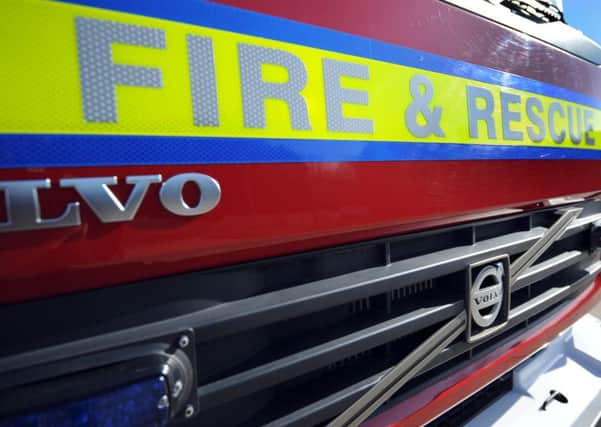Fire authority bosses approve proposal to replace Melton fire engine with smaller tactical response vehicle despite strong public opposition


Nearly three quarters of 1,307 questionnaire respondents, who took part in a Leicestershire Fire and Rescue Service consultation, disagreed with the proposal for Melton.
Residents of the borough raised a raft of concerns including the TRV having limited firefighting and rescue capabilities compared with a traditional fire engine, fewer firefighters to deal with major incidents, increased response times and the area being left with less fire cover and fears that having just one traditional engine in Melton would be insufficient in light of town and borough’s future growth.
Advertisement
Advertisement
But fire service bosses have assured replacing the engine with a TRV ‘will not compromise the safety of the Melton community or firefighters in any way’, they will ‘still be able to respond to every emergency ‘ and the changes will have ‘no impact on operational response capability’,
They’ve also told Melton residents that the TRV, to be crewed by two firefighters compared to the traditional engine’s minimum crew of four, will not be ‘sent in isolation’ to a major incident such as a house, school or factory fire in Melton nor be sent to a fire that ‘involved a life risk’.
They said if the TRV attends an incident it can’t deal with then a traditional fire engine would be called out.
The TRV is designed to deal with smaller incidents including ‘secondary fires’ - such as bin, car, shed or grass fires. The vehicles have a reduced water pumping capability compared to a traditional engine but fire service chiefs say they also have advantages including four-wheel drive off-road capability.
Advertisement
Advertisement
Speaking after the Combined Fire Authority approved its proposals for Melton, Steve Lunn, deputy chief fire and rescue officer and chief executive of Leicestershire Fire and Rescue Service, said: “I think the TRV will provide greater flexibility and agility in tackling incidents and its 4x4 capability means it can respond faster to outlying, less accessible, places in Melton.
“The TRV better matches Melton’s risk and demand profile. Over 60 per cent of incidents in Melton are very small and generally, in the last year, we’ve seen fewer serious incidents across the county.”
The authority, which approved its package of cost-cutting proposals last Wednesday, also agreed a 1.97 per cent increase to its portion of the council tax, equating to a two pence per week rise for a Band D property.